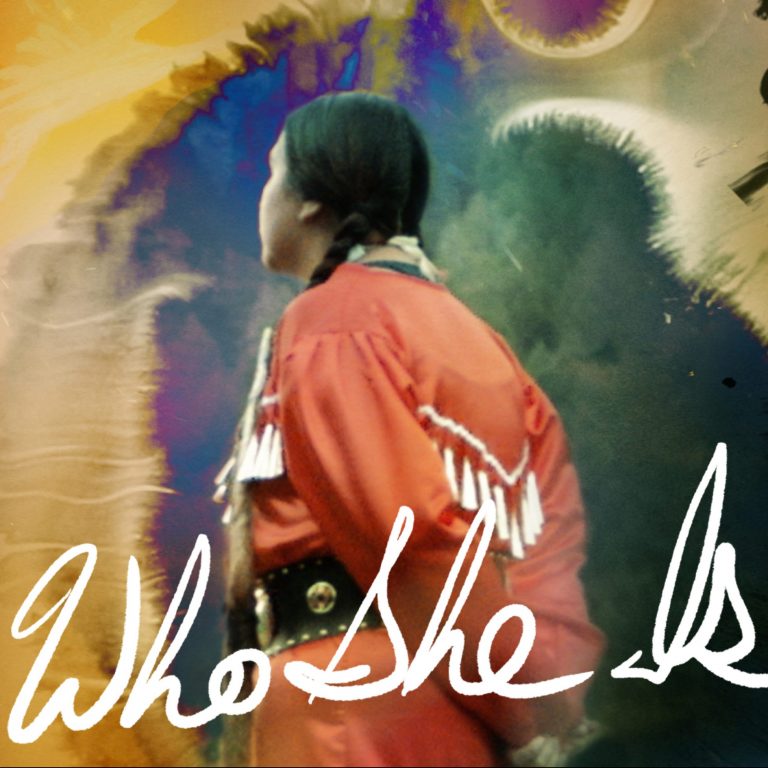
Section 1: Background
Section 2: Who She Is film and interview
Section 3: Steps you can take
MMIW: Missing and Murdered Indigenous Women (MMIW), also referred to as Missing and Murdered Indigenous Women and Girls (MMIWG) or more broadly as Missing and Murdered Indigenous People (MMIP).
The issue of missing and murdered Indigenous women and girls (MMIWG) refers to the disproportionately high rates at which Indigenous women and girls experience violence, abduction, and homicide, often with reduced response from authorities. The crisis of missing and murdered Indigenous women is not new. It is more than an epidemic—rather, it is part of the spectrum of violence experienced by Native women for centuries.
Here is a summary of the key issues surrounding MMIWG:
Disproportionate Rates: Indigenous women and girls in many countries, including the United States, Canada, Australia, and New Zealand, face significantly higher rates of violence compared to non-Indigenous populations. In the US, Indigenous American women are murdered at a rate 10x the national average.
Systemic Factors: The violence against Indigenous women and girls is rooted in various systemic factors, including colonization and historical trauma, federal policies, marginalization, poverty, racism, and the intergenerational effects of trauma inflicted from experiences like the Boarding Schools, sexism and sexual objectification of Native American women and girls. These factors create an environment where violence against Indigenous women and girls is more prevalent and less likely to be addressed adequately.
Lack of Data: One significant challenge is the limited and inconsistent collection of data related to MMIWG cases. This lack of comprehensive data makes it difficult to fully understand the scope and nature of the issue and hinders effective policy and response measures.
Law Enforcement Response: There have been concerns about the inadequate response and investigation of cases involving missing and murdered Indigenous women and girls by law enforcement agencies. These concerns include biases, stereotypes, and systemic barriers that prevent thorough investigations, timely response, and justice for victims and their families.
Intersectional Vulnerabilities: Indigenous women and girls face intersecting vulnerabilities due to their gender, ethnicity, socioeconomic and tribal status. This intersectionality exacerbates their risk of experiencing violence and creates unique challenges in accessing support services, justice, and protection.
The powerful role Indigenous women played in their tribal societies historically has been deeply undermined by federal government interference, lowering their status and ability to care for themselves and their communities.
Lack of Awareness: MMIWG has historically received limited attention and media coverage, resulting in a lack of public awareness and political will to address the issue. This invisibility further contributes to the ongoing violence and lack of justice for victims and their families.
Advocacy and Calls for Action: In recent years, Indigenous activists, communities, and advocates have been raising awareness about MMIWG and demanding action from governments and institutions. They call for comprehensive strategies that address the root causes of violence, improve data collection, enhance victim support services, and promote culturally appropriate approaches to justice.
Efforts are underway to address these issues, including the establishment of special task forces, national inquiries, and the development of action plans. However, much work is needed to ensure safety, well-being, and justice for Indigenous women and girls affected by violence.
Resources on background about MMIW and MMIWG:
Website page with short sections about the red hand symbol, the statistics, MMIW day, impacts of stereotypes, short films: Voices Unheard and Skeet Fighter Missing and Murdered Indigenous Women (MMIW)
Brief overview of federal interference in tribal sovereignty and legislative acts aimed to correct MMIW: Missing And Murdered Indigenous Women (MMIW)

STEPS you can take to address this issue:
1. The road to allyship requires a willingness to educate yourself about issues facing Native communities and intentionality in raising Native voices. Today, seek out Native-created resources and listen to Native communities as they cry out for reform. (From Native Hope)
2. Be proactive in spreading the word about the gravity of missing and murdered Indigenous women and girls. This pressing issue will only improve as awareness spreads, communities come together and action is taken. (from Urban Indian Center of Salt Lake)
3. Share on social media: Native Hope Social Media Toolkit: sections on Why it is important to be any ally, MMIW Awareness Day, statistics, sample social media posts https://www.nativehope.org/missing-and-murdered-indigenous-women-mmiw
4. Join, assist and financially support organizations working on MMIW issues: The NIWRC
5. Political and personal action: MMIW: Understanding the Missing & Murdered Indigenous Women Crisis in the United States
6. Join Right Relationship Boulder: send an email to receive monthly newsletter to RightRelationshipBoulder@gmail.com
7. If you are experiencing an MMIW incident, there are numerous websites: check out what to do if a loved one goes missing
8. Go more deeply into exploring this topic:
Background: deeper exploration
Colorado SB22-150, legislation that was passed last year concerning missing and murdered Indigenous Relatives.
MMIW: Understanding the Missing and Murdered Indigenous Women Crisis Beyond Individual Acts of Violence
A Statement Prepared by NIWRC Policy Team Members Jacqueline Agtuca, Elizabeth Carr, Brenda Hill, Paula Julian, and Rose Quilt
Covers history of colonization and federal Indian law – probably a 15- 20 min. read
Missing-and-Murdered-Indigenous-Women-and-Girls-Report, A snapshot of data from 71 urban cities in the US
Native Report from Minneapolis, Minnesota, the Lt. Governor, an Indigenous woman, and their office for MMIW issues and an elder speaking on the Boarding Schools. Video: watch to17 min.